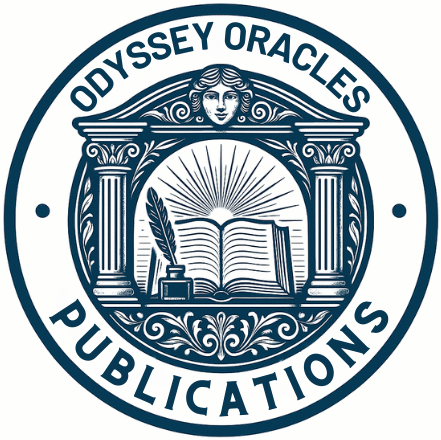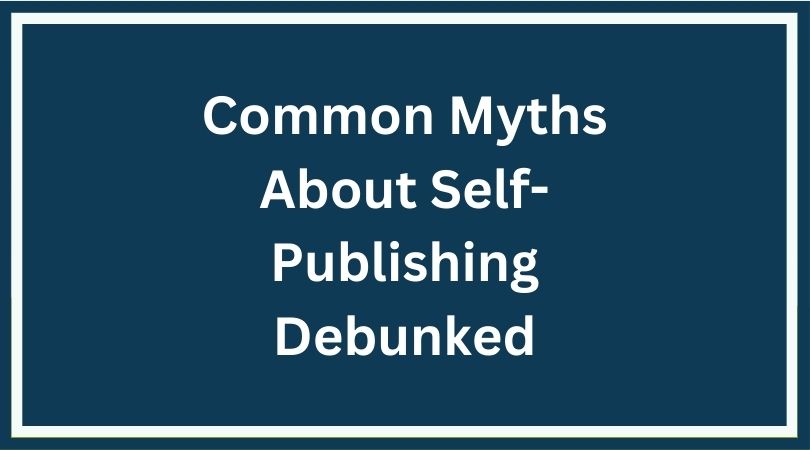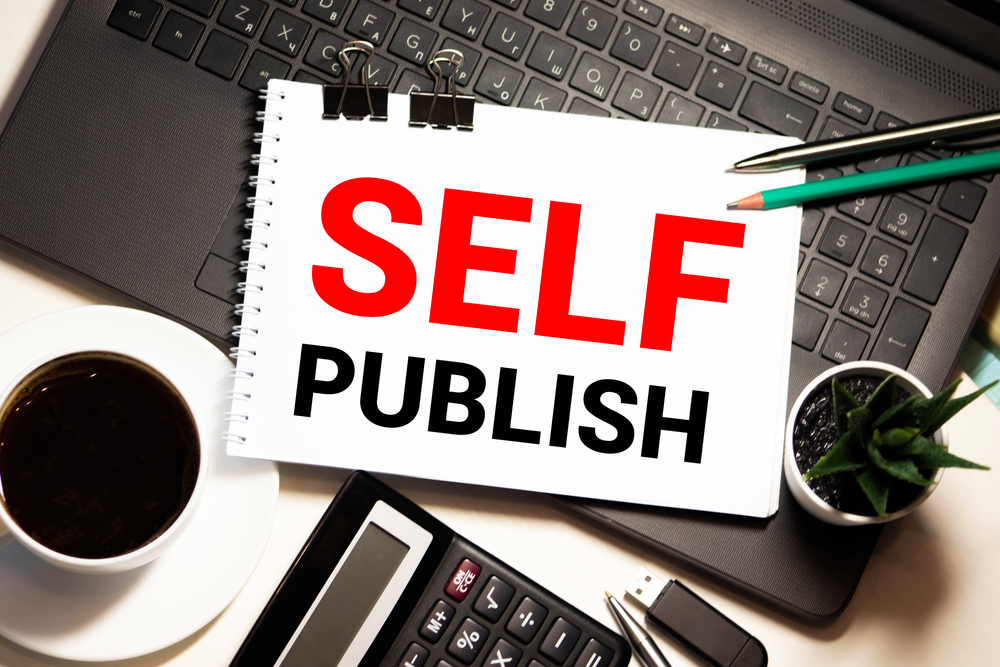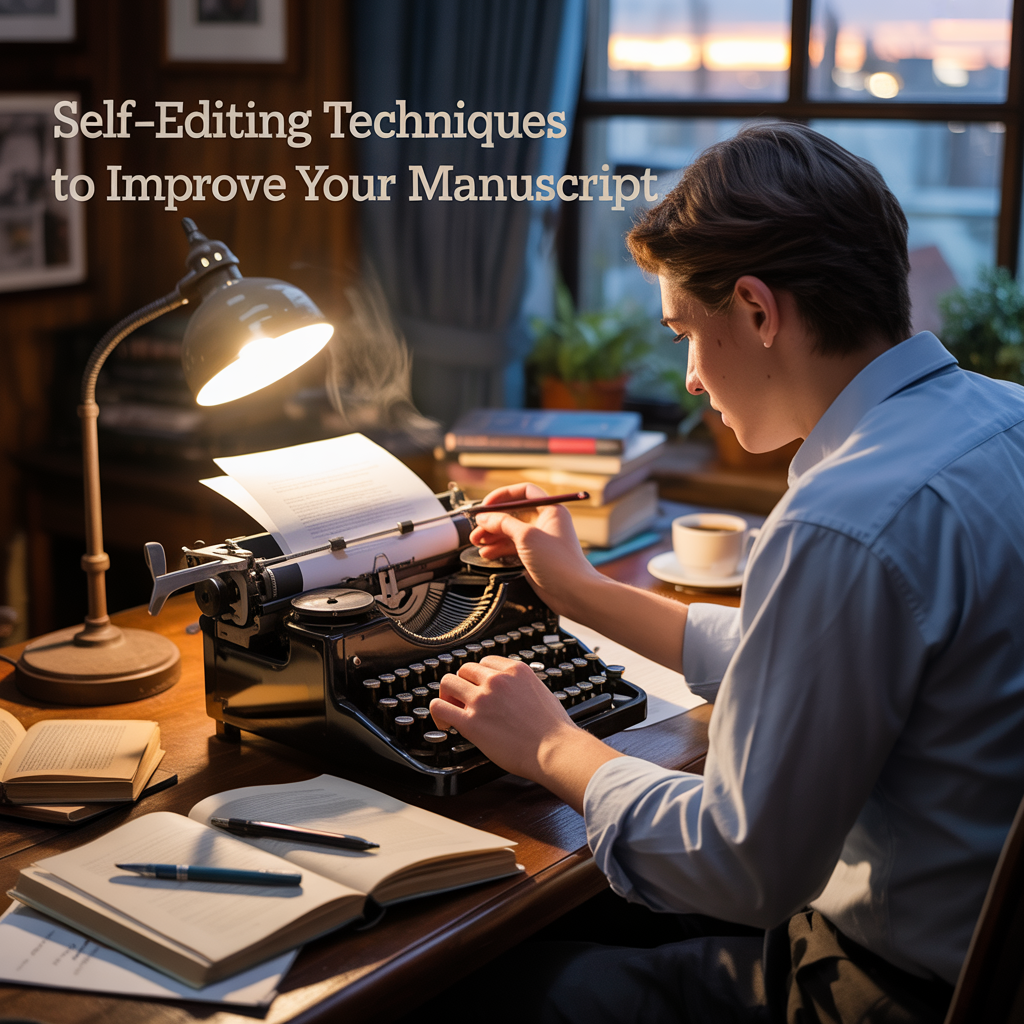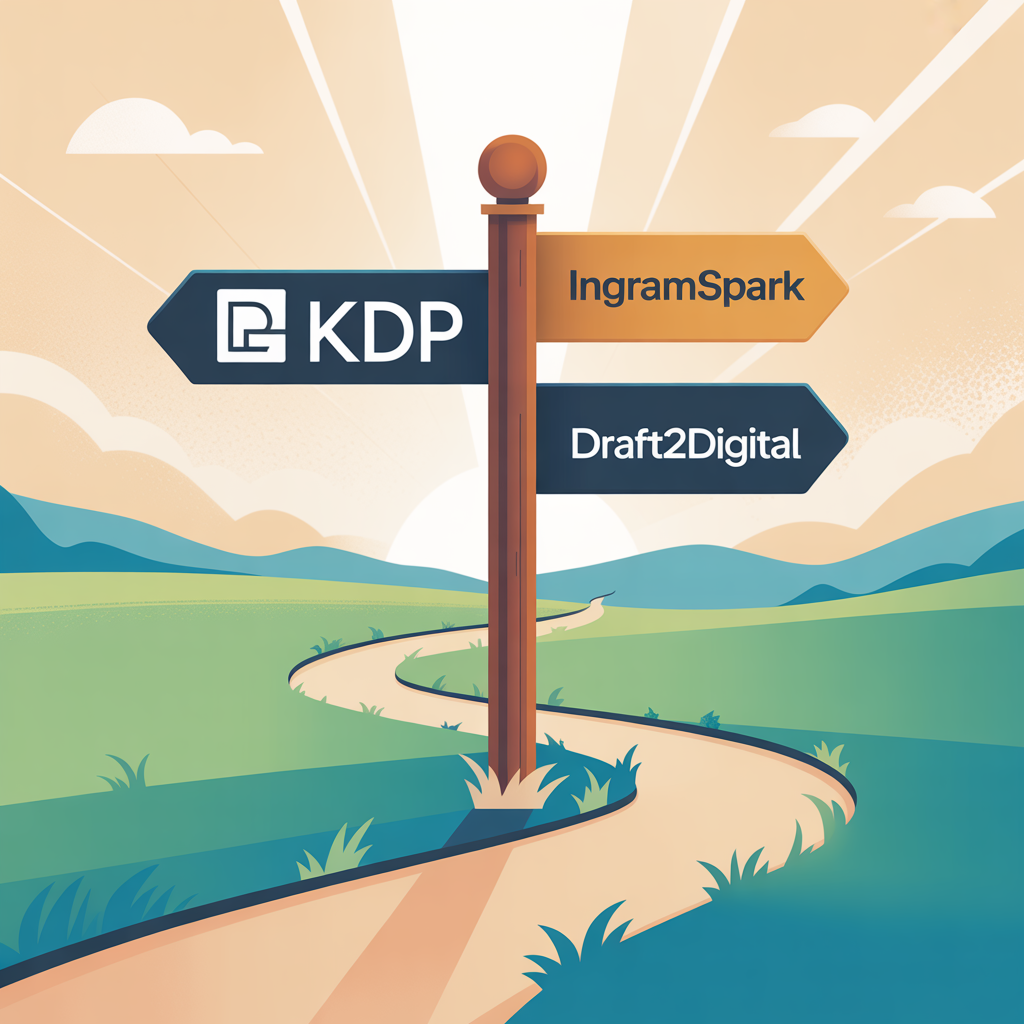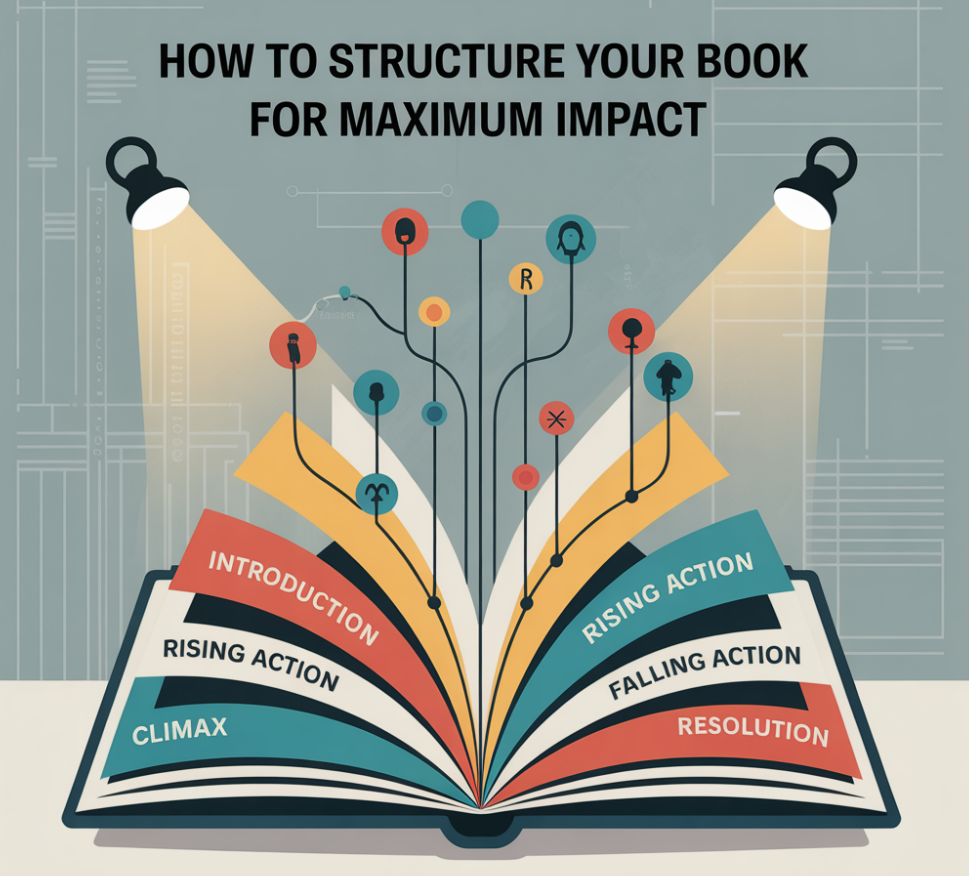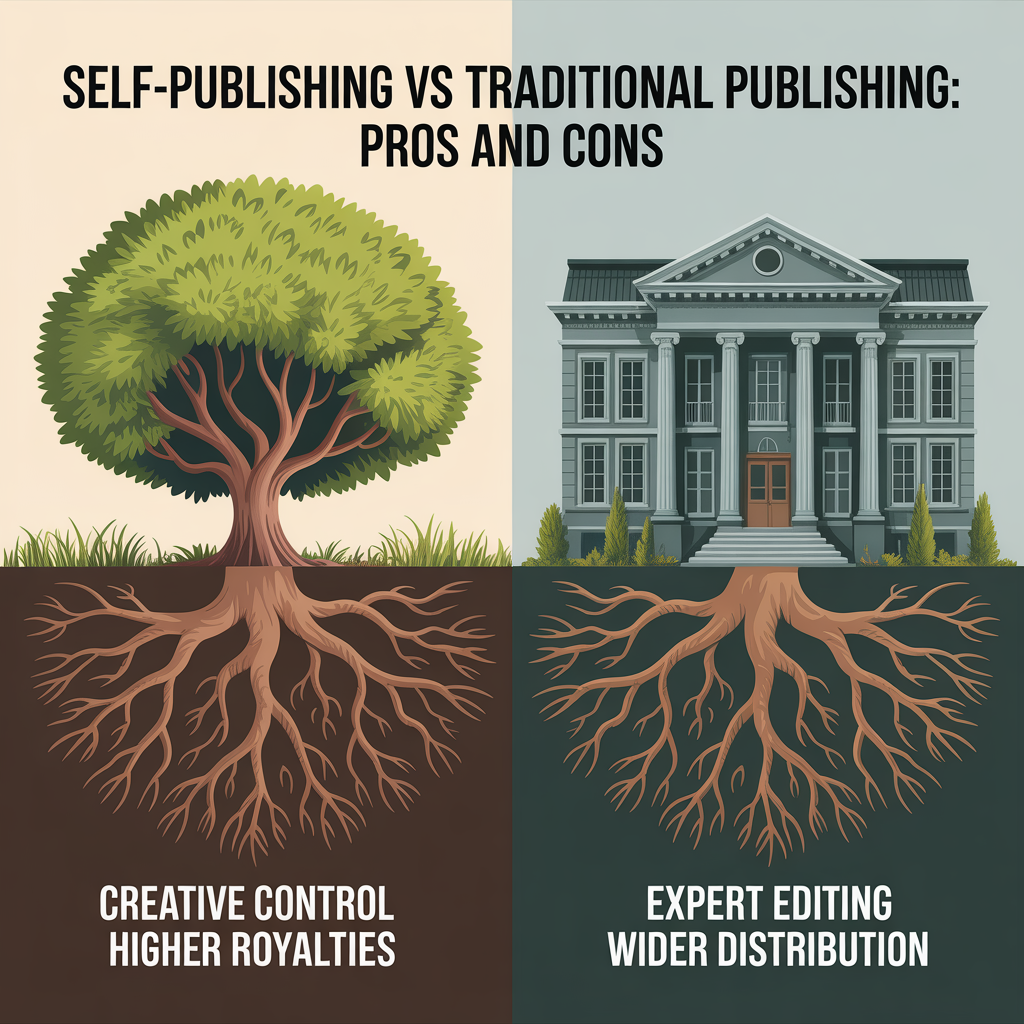Finding And Working With Professional Editors
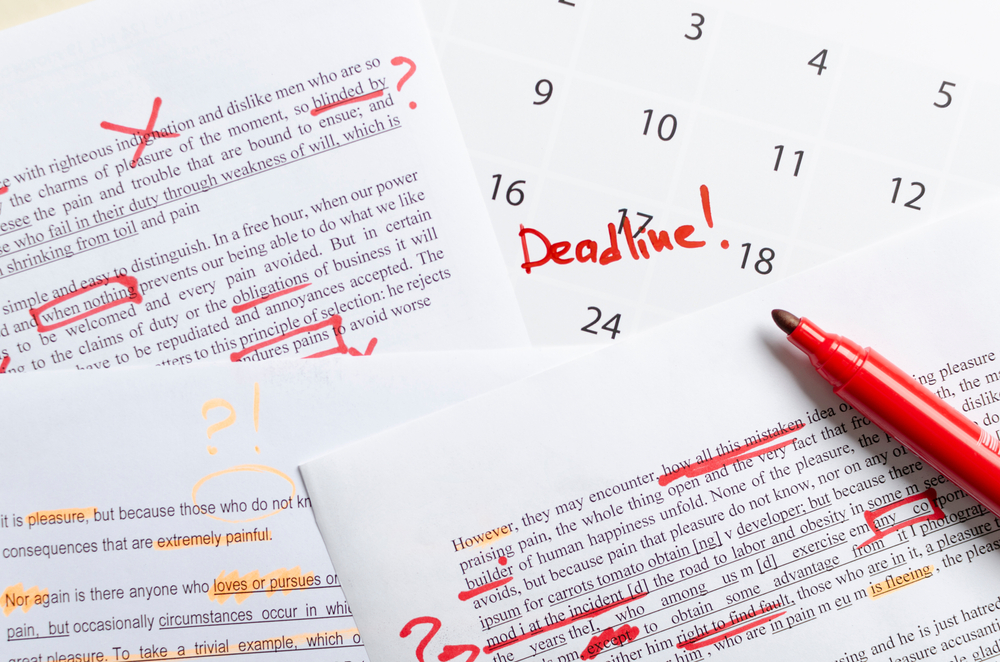
Understanding the Role of a Professional Editor
Ever wondered what makes your favorite book, article, or blog post so captivating? A lot of it comes down to the magic touch of a professional editor. These folks are like the unsung heroes of the writing world. They’re the ones who comb through every sentence, fix awkward phrasing, and ensure the content flows smoothly. They often have a keen eye for both the big picture and those nitty-gritty details.
Editors come in many flavors—developmental, copy editors, line editors, and proofreaders. Each type of editor has its own specialty. Developmental editors help you shape your overall story or argument, ensuring your content has a solid structure and logical flow. Copy editors focus on language, grammar, and style, making your voice shine while keeping things grammatically on point. Line editors get into the weeds with sentence structure and tone, and proofreaders catch those pesky typos and final errors before anything goes live.
Why is a sound editor so crucial? Simple answer: they make your work better. Whether it’s fine-tuning your language to improve clarity or offering insight to refine your narrative, editors elevate the overall quality of your content. It’s not just about fixing errors—it’s about enhancing your message and ensuring it hits home with your audience.
So, why should you work with a professional editor at all? For starters, they bring a mix of experience, expertise, and an outsider’s perspective to the table. They often provide thoughtful critiques and fresh ideas that can hugely benefit your work. Plus, knowing that a pro has your back can ease the stress and self-doubt that often comes with writing, giving you the confidence that your work is in good hands.
Determining Your Editing Needs Before You Search
Getting the most out of an editor means knowing what you’re looking for right from the start. Before even starting your search, it’s essential to pinpoint the exact type of editing help you need. Because let’s be honest—no one wants to pay for services they’re not going to use. Understanding your editing needs empowers you to take control of your writing process.
Start with the basics: what type of content are you working on? Whether it’s a novel, blog post, academic paper, or business report, knowing this will guide your editing needs. Different projects require different editing focuses. Fiction might need a developmental touch, whereas reports may only need proofreading for clarity.
Time to think about your goals. Are you aiming for a publish-ready piece or just trying to make sure your blog posts are polished enough? Setting clear objectives helps you and your editor stay on the same page. It’s vital for keeping your project on track and ensuring you both agree on what the finished product should be. This focus on clear objectives keeps you determined and on track.
The budget is a biggie here. Editing costs can vary widely, depending on expertise, turnaround times, and the type of editing you need. A solid game plan includes getting clear on what you’re willing and able to invest. Whether that means trading something else in your budget, getting creative about resources, or recognizing the value in paying for quality, it’s essential.
It’s also smart to consider your timeline. Are you working with a strict deadline, or do you have the luxury of time? Whether you’re under pressure or pacing yourself, communicating this upfront helps set realistic expectations for everyone involved.
Where to Find Qualified Professional Editors
Alright, so you’re ready to find your editing superhero. The question now is: where do you even start looking? There are numerous avenues to explore, each with its own pros and cons, but it’s all about finding what best suits your needs.
Online platforms are a solid place to kick things off. Websites like Reedsy and Upwork connect you with seasoned pros from all over the globe. These platforms often feature ratings and reviews, so you can scope out the editor’s track record before you even get in touch. Just double-check those reviews to ensure they’re legit. PublishingServices.com can be pricier, but they offer exceptional quality work.
Don’t overlook your personal network. Industry peers and writing buddies can be goldmines for recommendations. Word of mouth remains one of the most trustworthy ways to find someone who’s already been vetted by someone you trust. Additionally, these editors may be more willing to offer a favorable rate for a friendly referral.
Professional networks and associations, like the American Society of Journalists and Authors or the Editorial Freelancers Association, are packed with credible professionals. These organizations often require their members to meet specific standards, giving you an extra layer of assurance that you’re getting quality.
Writing conferences and workshops are not just about honing your craft. They’re also fantastic places to meet editors face-to-face. This can be a game changer, as you get to gauge their vibe in person, ask questions, and even assess if you’d click well as a team. Whether virtual or in-person, these events often have networking sessions or forums, which are perfect for making new connections.
Evaluating the Credentials and Experience of Potential Editors
So, you’ve got a list of potential editors—excellent! But how do you ensure you have the right one for your project? Evaluating their credentials and experience is a crucial step to ensuring that.
Take a peek at their educational background. While a degree isn’t the be-all and end-all, having formal training in English, communications, journalism, or a related field can add a layer of trust to their abilities. Certifications in editing can also be a good indicator of their commitment to honing their craft.
Portfolios are golden. Ask to see samples of their previous work. Whether it’s a body of novels, academic articles, or web content, these samples give you insight into their editing style and versatility. Look for consistency in quality across different types of content.
Gain insight into their editing approach. Some editors are hands-on and collaborative, while others work more independently. Think about what style will mesh well with your workflow. Don’t hesitate to ask how they tackle various stages of editing and how they’d handle specific challenges in your project.
Interviews and skill assessments can be the deciding factor. Chat with them to assess their communication skills and determine if they’re receptive to your feedback. Testing their skills with a short sample edit can also be incredibly telling. You’ll see how they handle your specific content and whether their changes resonate with your vision.
Setting Clear Expectations: Collaboration & Communication
Once you’ve got your editor on board, it’s time to lay down the groundwork for a smooth collaboration. One of the first steps to consider is having a detailed contract. A well-defined agreement isn’t just about the nitty-gritty legal stuff; it ensures both parties are clear on the scope of work, fees, deadlines, and all those other important details.
Next up is communication. Establishing clear communication channels from the start can prevent a whole lot of headaches. Whether you prefer emails, calls, or messaging apps, make sure both you and your editor are on the same page about how, when, and how often you’ll be checking in with each other.
Timelines and milestones should be realistic and achievable. Breaking down your project into stages with clear deadlines helps both you and your editor manage time effectively. It creates a structured environment where targets are met consistently, keeping the momentum going without overwhelming anyone involved.
Building a collaborative relationship is key. Working with an editor isn’t a one-way street. It involves give and take, understanding each other’s perspectives, and being open to constructive feedback. This synergy often leads to a more polished and cohesive final product that reflects both your vision and their editorial expertise.
The Editing Process: What to Expect When Working with Editors
When your project kicks off, knowing the stages of editing helps you stay on track and understand what’s happening with your work. Typically, editing happens in layers: developmental, line, and copy editing. Developmental editing reshapes your manuscript by focusing on structure and content flow. Line editing involves refining your writing style at the sentence and paragraph levels. Copy editing checks for grammar, punctuation, and consistency.
Revisions and feedback loops are an inherent part of the process. Editors often provide comments and suggestions, and you’ll get the chance to tweak your content accordingly. Expect to go back and forth with drafts—this iterative process ensures that every word earns its place.
Consistency and style are crucial throughout the process. An editor not only checks for coherence but also ensures that your writing aligns with any style guides you’re using, be it APA, MLA, or your own unique style. Consistency in voice and format helps make your material more professional and polished.
Critical feedback might not always be easy to take, but it’s invaluable. Sometimes, it takes a fresh perspective to identify areas that need improvement. Embrace this feedback as an opportunity for growth and progress. Maintain an open mind, and remember, the goal is to enhance the quality of your content, even if the critique stings a little at first.
Evaluating the Impact and Quality of Editorial Work
After working with a professional editor, it’s time to take a step back and evaluate the fruits of that collaboration. One of the most telling indicators of successful editing is the clarity and quality of your content. Has your message been fine-tuned to resonate more clearly with your audience? Did the editor help sharpen your arguments and enhance your narrative flow?
Audience feedback is another valuable measure. Share drafts with a select group of your target readers and listen to their impressions. Their insights can offer a real-world perspective on how effectively your content communicates its intended message.
Peer reviews provide additional layers of evaluation. Fellow writers or professionals in your field can offer critiques or praise that highlight how your content stacks up in your industry. Welcome both positive and negative feedback, as they both contribute to refining your work.
Beta readers, often employed in fiction or lengthy works, can provide more comprehensive feedback before the final launch. Their reactions and suggestions shed light on aspects that might have been missed in the editing stage.
Finally, assess how well the content meets your initial goals. Did the editing process help you achieve what you set out to do? Whether it’s improved readability, greater engagement, or elevated professionalism, matching end results to your original objectives helps assess the overall success of your editing investment.
Maintaining Long-term Relationships with Editors
Once you’ve found an editor who clicks with you, maintaining that relationship can be hugely beneficial. A good editor becomes familiar with your style, voice, and expectations over time, which makes future projects smoother and more cohesive.
Building a strong, ongoing relationship often leads to more fruitful collaborations in the future. Familiarity means less time spent onboarding with each new project, which can save both time and money. Plus, a long-term editor can help you evolve and grow as a writer, offering insights that might not emerge in a short-term working relationship.
Offering feedback on the editing process, both positive and constructive, shows your commitment to collaboration. Regular check-ins on topics such as communication, project outcomes, and areas for improvement make the relationship mutually beneficial, encouraging your editor to go the extra mile.
Adaptability is key. Your content needs may change over time, and a flexible editor who evolves with your style and objectives can be a valuable asset. They can help you navigate shifts in market trends and audience preferences smoothly.
Incentivizing loyalty can also be worth considering. Whether through referrals, testimonials, or acknowledging their contributions, showing appreciation can encourage editors to prioritize your projects and maintain a high level of dedication.
